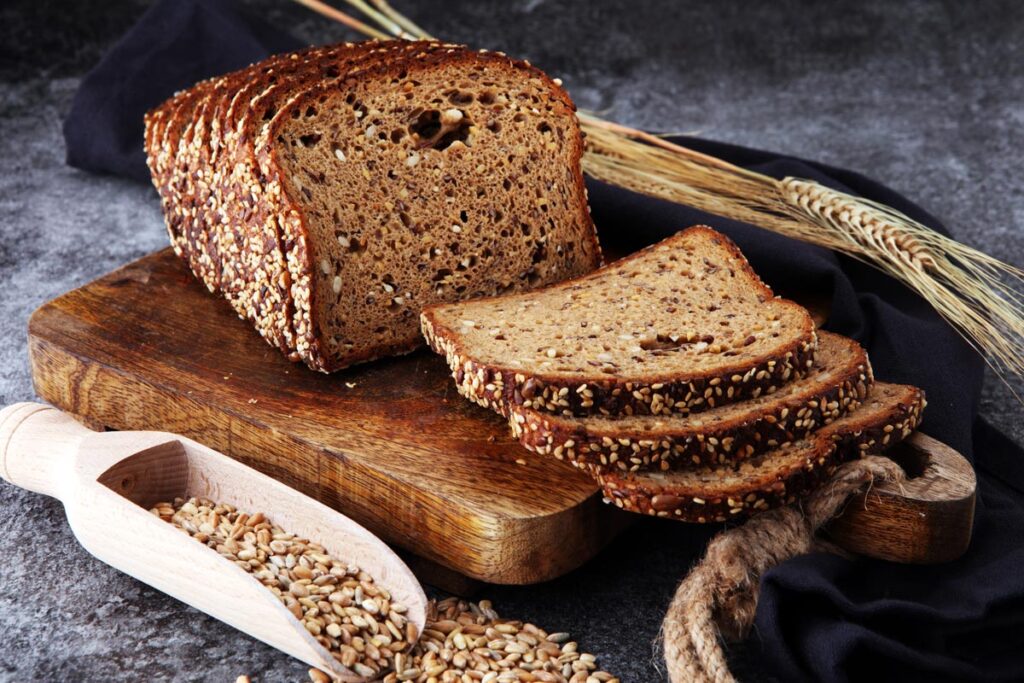
Here it is again. The term “healthy” connected as a descriptor.
We see it all the time. Healthy Whole Grains. It reminds me of the common use of “fruits and vegetables,” as if they are one in the same.
Are whole grains, by definition, “healthy?”
For a full, in depth description, see the Whole Grains Guide on Diet Doctor, where I was the medical editor and reviewer.
For the quick answer, let’s leave it as a “maybe.”
If you choose to eat refined grains, white flour, processed snack foods, in essence the Standard American Diet, then switching to whole grains will almost certainly improve your health. And that is where the majority evidence in favor of whole grains stops. Compared to refined grains, they are great.
Who should eat whole grains?
If you are insulin sensitive, live in a society where you are physically active for most the day, eat fewer calories than most industrialized nations, and maintain a healthy body weight, then whole grains can be a healthy part of your diet. Observation of the Blue Zone countries demonstrate that whole grains can be part of a healthy lifestyle in that setting.
We cannot, however, extrapolate those findings above to apply to all Americans, Europeans, Asians etc. and say whole grains are by definition “healthy.”
Who should not eat whole grains?
If you are metabolically unhealthy with diabetes, metabolic syndrome or insulin resistance (estimated to be 88% of all Americans), then whole grains are anything but “healthy.” Borrow a continuous glucose monitor for a day and see how your blood glucose responds to whole grains. If you aren’t perfectly metabolically healthy, it isn’t pretty.
Instead, if you eat a whole-foods, low carb diet without grains and sugars, then whole grains have no necessary role and no association with health.
Enjoy the more detailed guide from DietDoctor.
Thanks for reading,
Bret Scher, MD FACC
